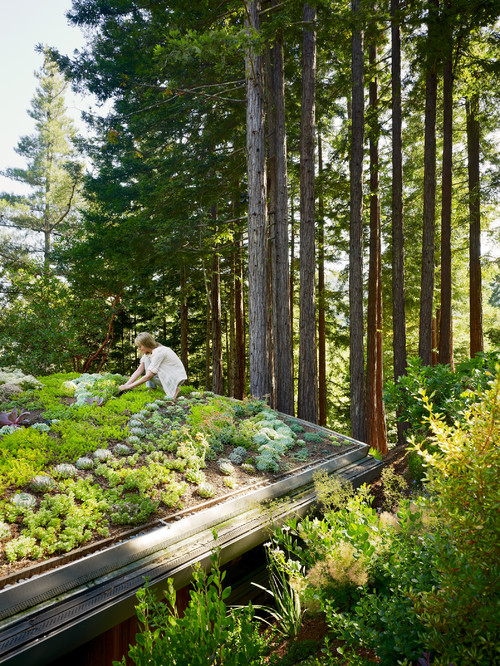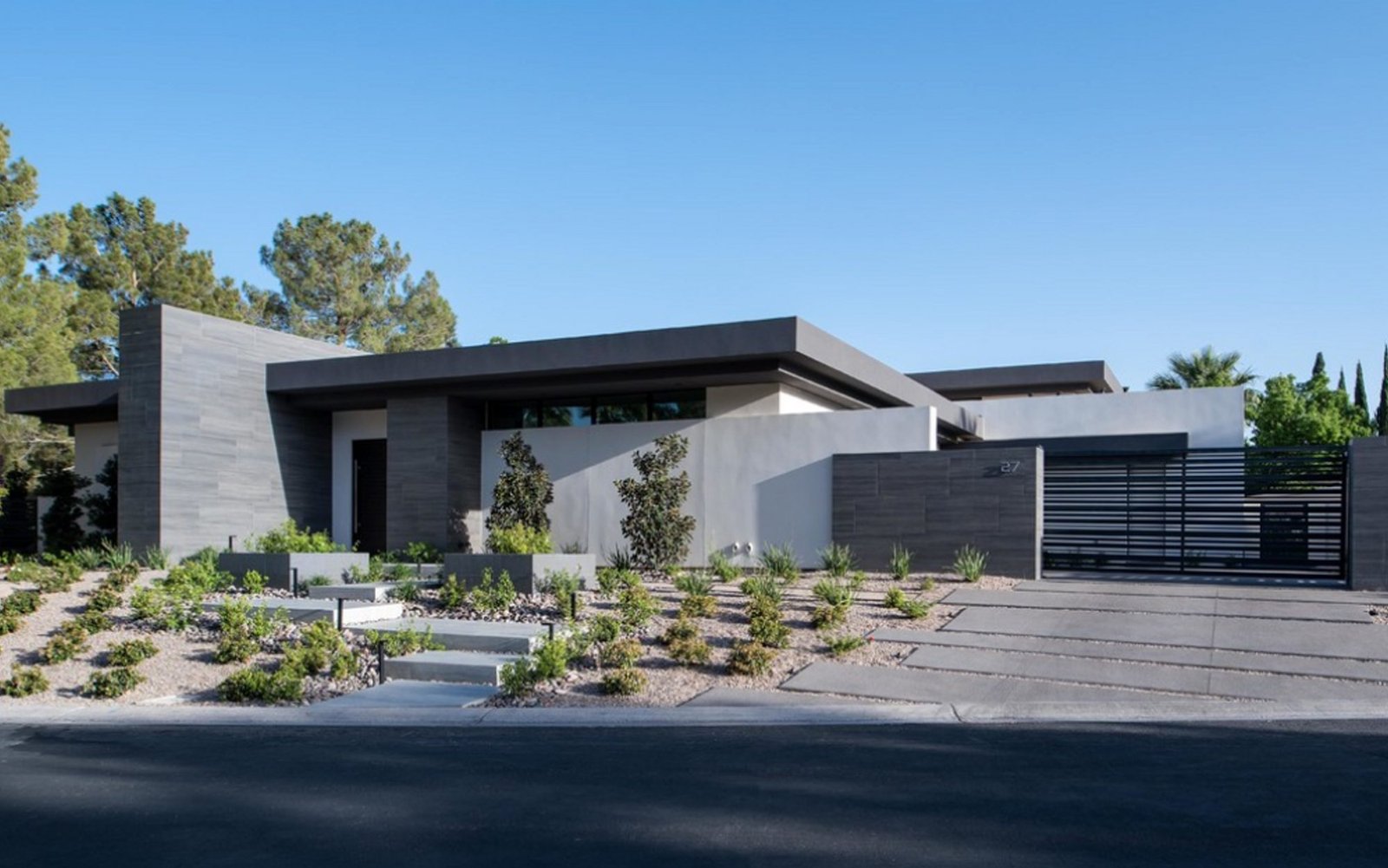Green roofs, considered to be an Eco alternative to traditional roof materials such as metal, tile, wood, fiberglass or asphalt are gaining more and more ground in the world. In addition to being environmentally friendly, these roofs look sensational. Anyway, who would not want to have a house covered with vegetation?
Many people are still reluctant to build a green roof for their home, because they fear it will affect their house structure or perhaps they are afraid to test something that is not enough promoted. Experts say that green roofs bring you a lot of advantages both in terms of economic and environmental point of view.

Photo by – Discover shed design inspiration
What is a Green Roof
Green roof consists usually of several layers such as support layer, vapor barrier layer, insulation layer, waterproofing layer, protection layer, drainage layer and of course, vegetation layer.
Types of Green Roofs
Unconventional but attractive, a green roof can be of two types: extensive and intensive. Extensive roofs are characterized by a thin layer of vegetation with a high resistance to cold and heat, and easy to maintain, while intensive roofs are designed for larger plants that need special care.
What are the Suitable Plants for a Green Roof
Plants you choose to grow on a green roof play an important role in creating a strong and durable roof. Experts recommend planting Sedum, i.e. fat grass. Sedum is a succulent plant that grows quickly and evenly. Sempervivum (earwigs plant) is also an option to consider.
Both plants are suitable for green roofs because they have short roots. However, if your roof is shaded most of the day, it is recommended to choose shade-loving plants.
The Advantages of a Green Roof
1| Green roofs reduce heating and cooling costs of the home by 26% and are twice more durable than traditional roofs.
2| Installing a green roof is not more expensive than installing a regular roof and the maintenance costs of a eco roof is significantly lower, because the roof materials are protected by a green layer and cannot be destroyed easily.
3| A green roof reduces the noise pollution, improves the air quality, insulates better your home and reduces the greenhouse effect. All this are possible thanks to the vegetation layer.
4| Plants absorb large amounts of water from rainfall, reducing in this way, the risk of flooding. Water evaporates more easily from the roof, rather than from, asphalt or soil.
5| Besides these advantages mentioned above, green roofs also stand out through a great look. In fact, what could be more amazing than seeing grass on the roof of a house?
6| Green roofs seem to be the perfect solution for reducing energy costs and the maintenance expenditures of the roof.
Green Roofs have a Long History
Green roofs have a history of thousands of years. Of course, installing a green roof technology has progressed from year to year.
The first modern green roofs, have appeared in the ’60s in Germany, then have spread to countries like Greece, Iceland, Switzerland, United Kingdom, France, Canada and Australia.
Advantages and Disadvantages of Slate Roofs (howtobuildahouseblog.com)


